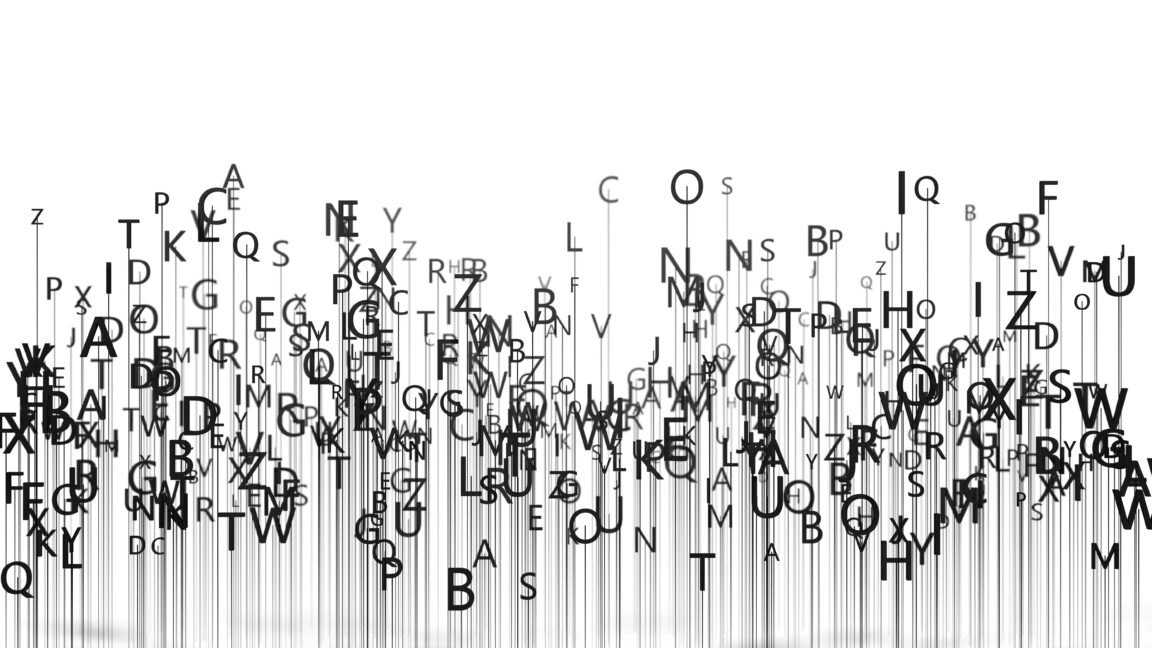On Intergenerational Queer Joy

Here the poem read by the author:
My girlfriend and I get excited whenever we see someone at least a generation older than us at a lesbian bar. We dream of dinner dates where queer knowledge and queer history even a decade or two before us is passed onto us. We crave a peek into what our futures might look like.
It’s so rare we’ve spoken to lesbians over 35. We scheme about how we will strike up the conversation and get too nervous that they might think we’re trying to flirt—nervous our desire for this relationship will come off less as intergenerational-knowledge-seeking and more like intergenerational-swingers-seeking.
So instead for now we go to the queer library on Clark and Devon and check out documentaries. And we scour the internet for any lesbian media we can find. And we read queer history books and listen to podcasts and follow lesbian moms on TikTok. And with regards to queer folks older than us this is for now what we have.
But for queer folks younger than us, I am lucky to share in intergenerational queer joy every day. I never expected my queerness to be so relevant to my career as a high school teacher, but just like me, young people are craving queer people a few years older to connect with.
Two weeks into the school year and this one kid’s music recs have me rediscovering my love for jazz music. He’s way too good at distracting me from refocusing him. But when I can get him to finish an assignment, his sentences, though somewhat disjointed, reveal some solid science thinking. Two weeks ago, just before class started, he came up to my desk and told me he just came out to his dad the night before. He had the biggest smile. Ear to ear. Pride. I asked how it went. We laughed at the inevitable awkwardness of coming out.
Another kid told me the same thing just a few days later. She said that dad said he always knew, but somehow mom was surprised. I told her I didn’t come out to my parents until I was 21, but still related completely to what she had just said. Like mom… c’mon.
She asked why I didn’t come out in high school and was surprised to hear there wasn’t a single student out at my school when I was her age. She disagreed when I said it was TikTok that changed everything. Her alternative explanation? (And I quote) “We just better.” Another ear to ear smile. Pride.
On Tuesdays we watch Heartstopper in my classroom during lunch. I get teary eyed watching queer high school experiences that I was way too scared and closeted to have myself. My kids make fun of me for getting teary eyed. They say I “cry too much.” I say “no such thing.” We all chant Kiss! Kiss! Kiss! whenever our favorite characters are about to smooch. We cheer when they do.
This perspective and this joy from queer people of a different generation is no less valuable because they are younger. This is what Miriame Kaba means when she says “hope is a discipline.” This is how hope is learned and practiced. This is how we build the revolution. How supremacy eventually loses to radical, intergenerational, queer community unity and joy.
Citation
Luczak, A. (2025). Poetry Corner: On intergenerational queer joy. Kaleidoscope: Educator Voices and Perspectives, 12(1), https://knowlesteachers.org/resource/poetry-corner-on-intergenerational-queer-joy.
